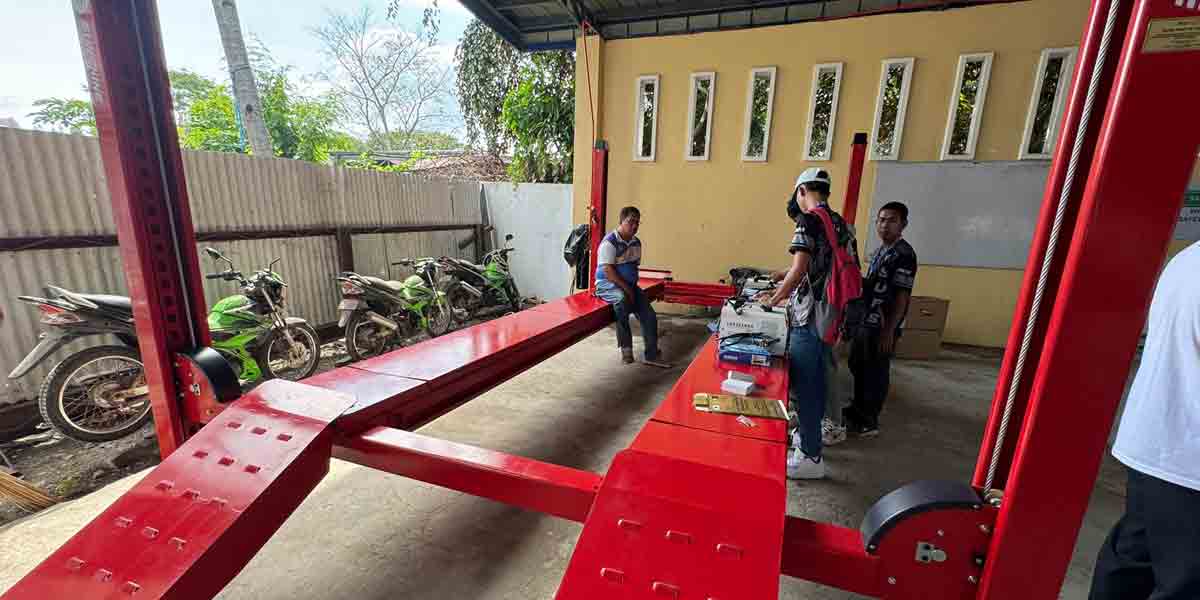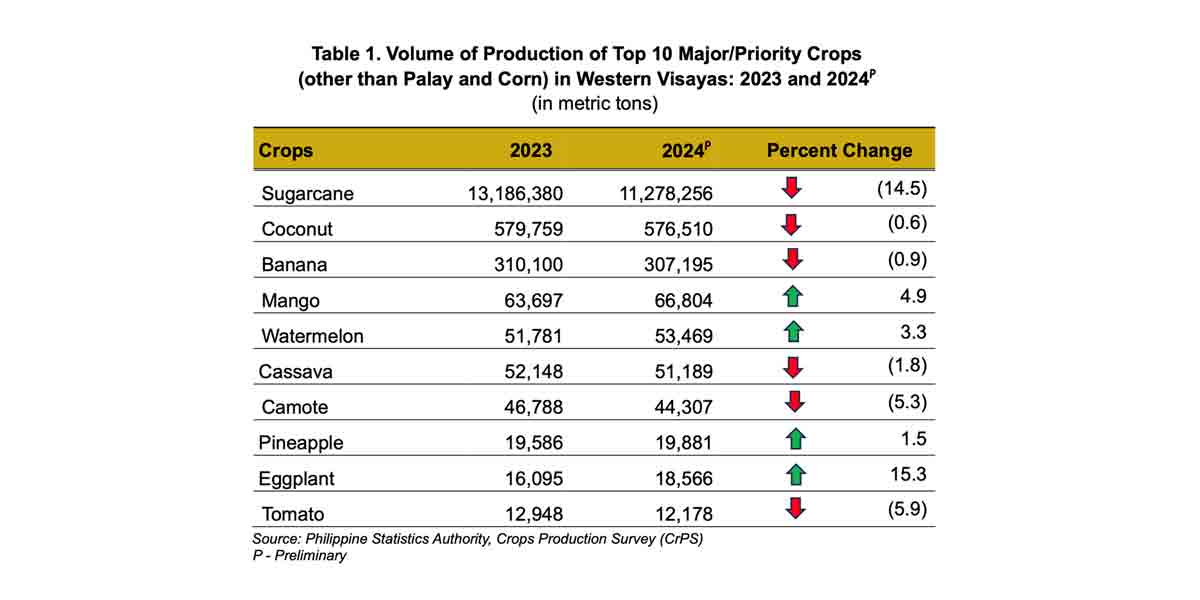In a year end statement, Malacañang avers that 200,000 new jobs were created as a result of investment pledges accruing from President Bong Bong Marcos’ trips abroad.
Assuming this is true— Malacañang needs to explain how they guessed these figures—this is almost matched by the number of traditional jeepney operators and drivers who will lose their livelihood as a result of the cancellation of their individual franchises.
The President does not need a 58% hike in his travel budget to PhP 1.4 billion to generate new jobs, he just needs to extend the individual franchises so that existing livelihoods are preserved.
At the stroke of midnight on December 31, 144,000 will lose their livelihoods. This is conservatively estimated as one operator and one driver for the 74,000 jeepneys units which have not been consolidated either into cooperatives or corporations, according to the Land Transportation and Franchising Board. This is a significant number, comprising an additional 7% to the 2,090,000 officially unemployed Filipinos as of October 2023.
The current administration is just implementing a business-as-usual and hands-off approach to employment: let the private sector, whether local or foreign, direct economic development. In place for 50 years or so, this broken system has led us to double-digit unemployment plus underemployment and permanent overseas migration.
It is high time to contemplate another and better way: an industrial and agricultural policy that focuses on job creation. The state—not the oligarchs—must direct economic development similar to the East Asian model. This should be at the top of the wish list for 2024.
While unemployment in October has gone down to 4.2%, underemployment is more than double at 11.7%. The underemployed are those who want more hours of work, presumably because they do not earn enough. This is a result of the very broad definition of an employed person—somebody who has worked for at least one hour in the previous week! No wonder there is very low official unemployment given that very loose meaning.
Another telling statistic that reveals the extent of the problem of lack of quality jobs is the high rate of migration. The latest figures from the Philippine Statistics Authority show that almost two million Filipinos worked abroad annually or some 5,000 OFWs were deployed daily. This sums up to about 2.6% of the total population that is over 15 years old. In other words, the unemployment rate would go up by more than half—at the very least—to 6.8% if Filipinos did not leave for gainful employment abroad.
Partido Manggagawa
Reference: Mario Andon





















